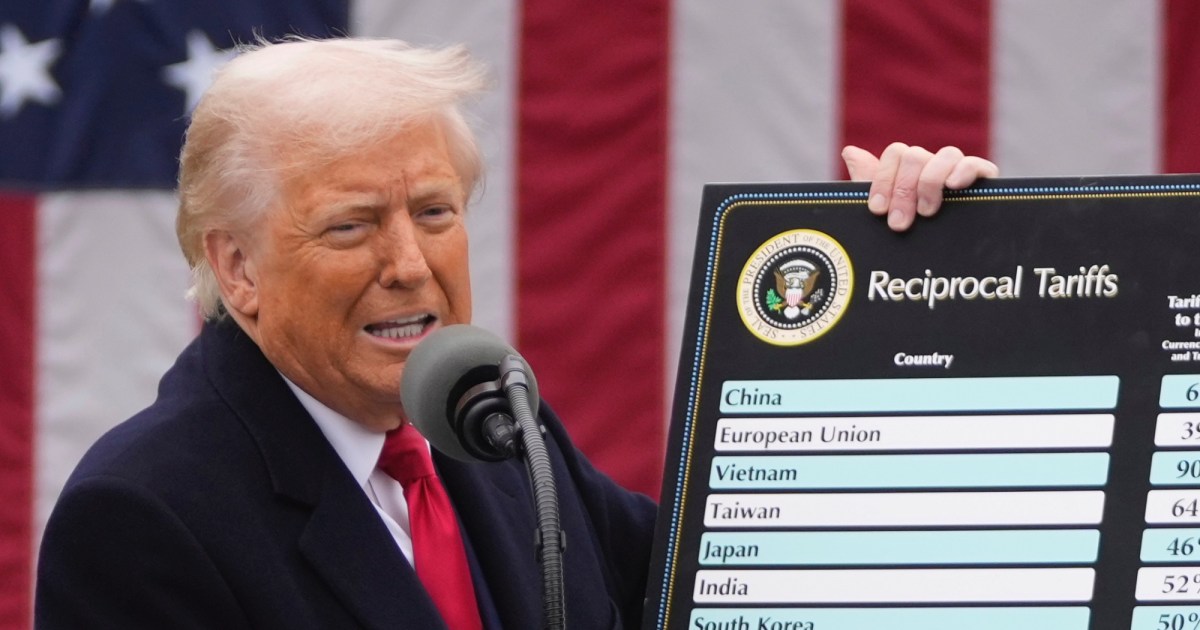President Donald Trump, who ran in 2024 on the promise to bring down prices “on day one,” has finally admitted that his tariffs do the opposite.
On Friday, the Trump administration announced that it would exempt a broad array of groceries—including staples like beef, coffee, and bananas—from the tariffs the president proudly implemented in April. While Trump, of course, did not concede outright that his tariffs have helped stoke sticker shock, the tariff reversal is a clear bid to ease the high prices currently plaguing American consumers.
More than half of Americans said food costs were a “major source of stress.”
The Trump administration appears to be scrambling for an affirmative economic message in the wake of the GOP’s recent stinging electoral losses. Earlier this month, Republican candidates were defeated in not only the Virginia and New Jersey gubernatorial elections, but also in a string of local races. Meanwhile, democratic socialist Zohran Mamdani surged to victory in the New York City mayoral race on an affordability agenda.
On November 5, the day after the elections, Trump discussed affordability on Fox News, claiming that it was a “new word” being pushed by Democrats. While he insisted his administration has brought prices “way down,” he also said that Republicans don’t talk enough about affordability. That evening, he rehashed his argument on Truth Social: “AFFORDABILITY is a Republican Stronghold. Hopefully, Republicans will use this irrefutable fact!”
While inflation has come down from its Biden-era 2022 peak, federal data from September shows that grocery prices have risen since the start of Trump’s presidency, with costs climbing at the quickest annual pace since 2022. (October’s data has not been released, with the Trump administration saying its publication is unlikely after the government shutdown impaired collecting statistics.) In an August poll by AP-NORC, more than half of Americans said that grocery costs were a “major source of stress” in their lives.
Despite warnings from most economists and the nonpartisan Congressional Budget Office, Trump has repeatedly claimed that his tariffs do not raise prices. But if tariffs had no impact on consumer prices, then Trump would not now find the need to roll them back.
“We just did a little bit of a rollback on some foods, like coffee as an example, where the prices of coffee were a little bit high. Now they’ll be on the low side in a very short period of time,” Trump admitted to reporters on Friday. (Over the last year, coffee prices increased 19 percent. Much of the US’s coffee comes from Brazil, which Trump slapped with a 50 percent tariff citing, among other reasons, an ongoing court case against former President Jair Bolsonaro over his attempted coup.)
An October CNN poll found that less than a third of Americans believe Trump has lived up to his affordability promises. More than 60 percent said he’s made this country’s economic conditions worse.












